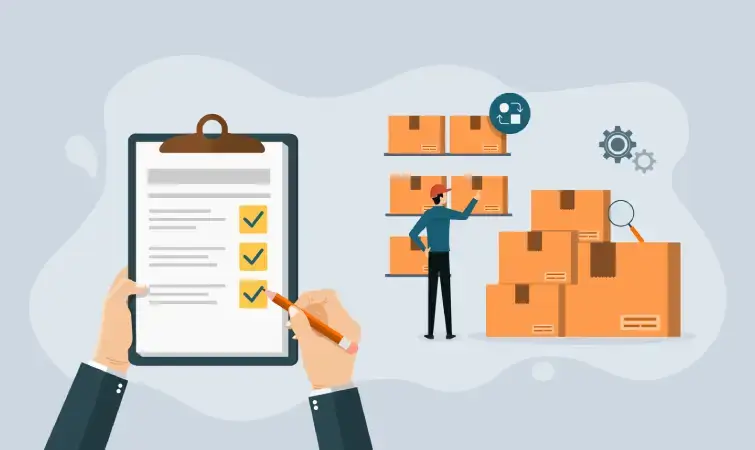9th November 2016 will be considered as a very big day in the history of Indian economics. The Prime Minister of India announced demonetization of Rs.500 and Rs.1000 bills, which left everyone baffled.
There is no doubt that this bold step will help India to become corruption-free. But, this step has come with some advantages as well as disadvantages. This announcement is definitely going to affect the Indian SMEs. The pros and cons are as follows:
Advantages
- Banks are flushed with billions of rupees of deposits, which are resulting in lower interest rates. This will help SMEs to borrow more money at a lower interest rates.
- With limited cash available in the market for daily transactions, people will start looking at the digital modes of payment. This will help in getting payments instantly in the bank accounts, instead of SMEs having to wait long for the cash and send reminders to other parties to get their hard-earned money.
- SMEs dealing in e-commerce businesses and supporting cash on delivery have to incur a cost to get the payments back in to their accounts as well as wait several days for it to arrive. This creates an entry barrier with SMEs requiring the ability to hold larger amounts of cash in the account while they wait for their payments to get realized. The digital systems, such as PayTM, Freecharge, etc. will definitely resolve this issue for SMEs as well as help increase the business.
- Introduction of mobile payments will help in reducing corruption at low-level. For example, the small entrepreneurs like vegetable vendors, who deal in cash only are easy prey for corrupt officials, who use threats to extract cash from them on a daily basis. This mode of payment will make it difficult for such corrupt officials to demand cash and act as a layer of protection for these small enterprises.
Disadvantages
- There is still a fear of online accounts being hacked and if SMEs don’t put the necessary security infrastructure in place, they could lose customers or go out of business for failing to secure customers from such attacks. If there were multiple such cases, overall the industry would be hurt because people would hesitate to make online payments.
- With online and mobile payments, the financial institutions enabling them will become much more powerful and if the necessary regulations are not in place they could exploit SMEs for a larger share of the revenue. This will not only impact viability of the business for the SMEs but also create barriers for new entrants.
- If the time taken to move from cash-based to cashless payments has inordinate delays, it could result in major business loss for many SMEs and hurt India’s economy in the short term.
- Businesses that are primarily cash driven and receive payments in large amounts may be negatively affected. It has been said multiple times that the cash based black money economy also contributes significantly towards the GDP. While it is necessary to eradicate black money, a lot of SMEs doing genuine business on cash but receiving sizable amounts of black money may perish as a result of this purge.
Conclusion
There will be a lot of pain-points in the short term but overall the pros outweigh the cons for the SMEs. If India has to have a stable economic growth, then rooting out corruption is very important, which will help in attracting more business from the other countries, and thus increasing the GDP of our country.






